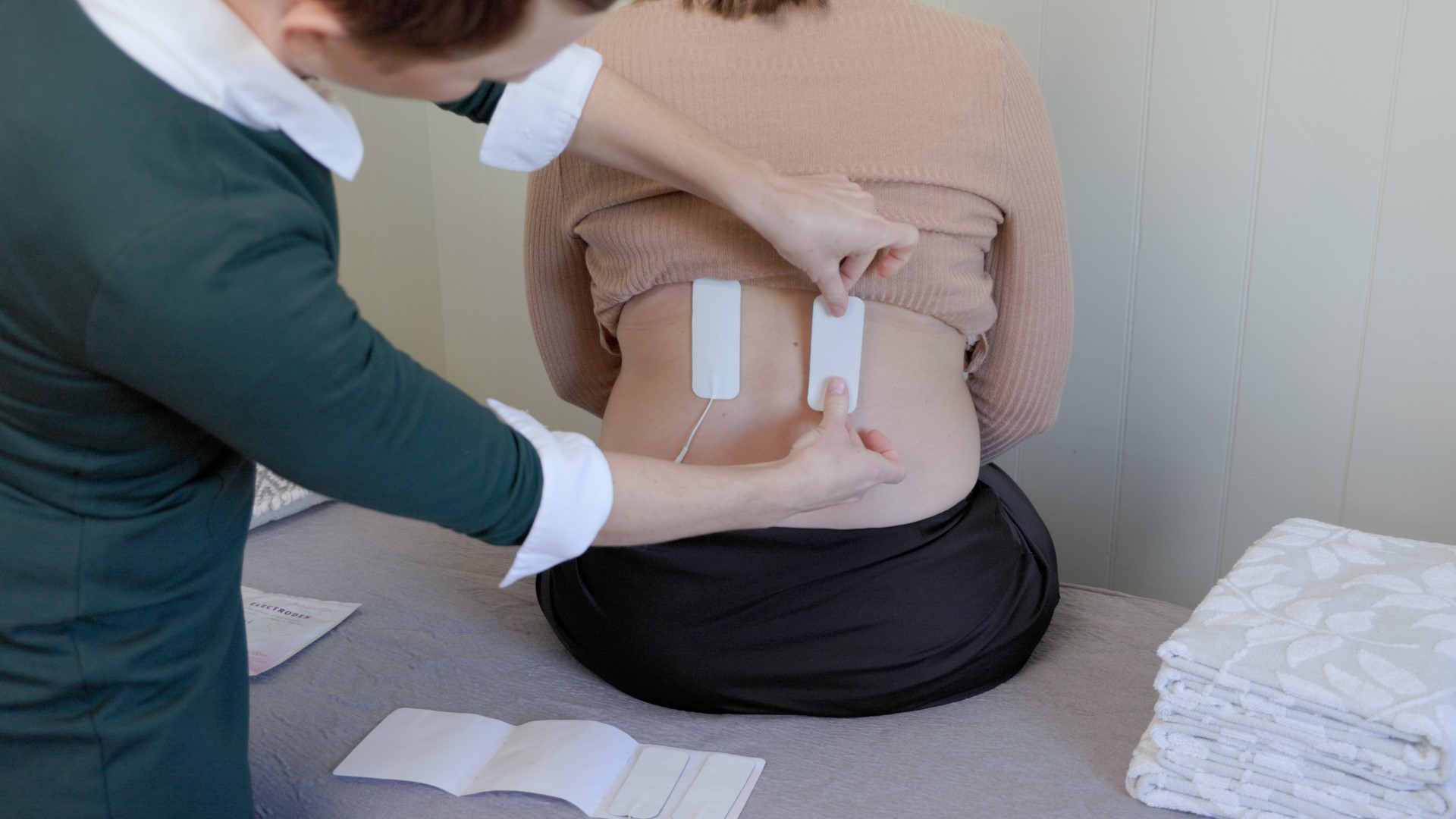28/09/2023

Users attach Electrode pads to the affected part of the body and then switch on the TENS Machine. The TENS Machine passes small electrical impulses to the affected area of your body, this is where the user feels a tingling sensation similar to pins and needles.
These tingling sensations which are the electrical impulses reduce the pain signals going to the bodies spinal cord and brain, which help to relieve pain and relax muscles. They also stimulate the production of endorphins, which are the body’s natural painkillers.
Transcutaneous electrical nerve stimulation or TENS for short is an effective method of pain relief involving the use of a mild electrical current. Users attach Electrode pads to the affected part of the body and then switch on the TENS Machine. The TENS Machine passes small electrical impulses to the affected area of your body, this is where the user feels a tingling sensation similar to pins and needles. These tingling sensations which are the electrical impulses reduce the pain signals going to the bodies spinal cord and brain, which help to relieve pain and relax muscles. They also stimulate the production of endorphins, which are the body’s natural painkillers.
TENS can be used to help reduce pain and muscle spasms caused by a wide range of conditions including:
It is also used as a method of pain relief during labour.
“One in 5 Australians aged 45 and over are living with persistent, ongoing pain.”
If you’re thinking about trying TENS, it’s a good idea to speak to your GP about a referral to a physiotherapist. TENS machines are available for purchase or hire. If you have Private Health Insurance you may be eligible for a rebate on your purchase – just check with your provider.
The information below is a general guide on how to use a TENS machine. You should always follow the manufacturer’s specific instructions. TENS machines are small and lightweight, so you can use them while you’re working or on the move. You can put it in your pocket, clip it to your belt, attach it to a lanyard or hold it in your hand. You can use TENS throughout the day for as long as you like, although it shouldn’t be used while you’re driving, operating machinery, or in the bath or shower.
Make sure the machine is switched off before you attach the pads to your skin. Position the pads either side of the painful area, at least 2.5cm (1 inch) apart. Never place the pads over:
Turn on the TENS machine when the pads are attached in the correct places. You’ll feel a slight tingling sensation pass through your skin.
The machine allows you to control the strength of the electrical impulses by simply using the arrow buttons.
Start on a low setting and gradually increase it until the sensation feels strong but comfortable. If the tingling sensation starts to feel painful or uncomfortable, reduce it slightly.
Switch the TENS machine off after you’ve finished using it and remove the electrodes from your skin. With reusable electrodes, place them back on the paper backing they came on to preserve the stickiness!
For most people, TENS is a safe treatment with no side effects. Some people may be allergic to the pads and their skin may become red and irritated, but special pads for people with allergies are available. TENS isn’t safe for everyone to use. Don’t use it without first seeking medical advice if:
MAKING A DIFFERENCE TO YOUR HEALTH AND WELLBEING.
Elle TENS Australia acknowledges and pays respect to the past, present and future Traditional Custodians and Elders of this nation and the continuation of cultural, spiritual and educational practices of Aboriginal and Torres Strait Islander peoples
Product Categories
Customer Care
Pages
Shop for
Learn about